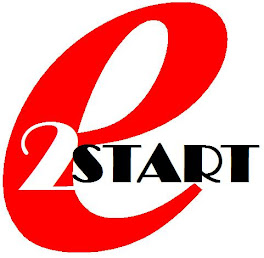ETC - Importing from Developing Economies
(CopyRight 2008; Benjamin Goh, www.bensglobal.com)
China is not the only developing or emerging country that is facing exporting problems from their developed economy importers. Problems exist likewise from countries like Indonesia, Vietnam, Philippines, etc.
Therefore, there are ETC problems that will need to be addressed as we (or our forefathers) remember that USA and Japan were once upon a time also facing these same problems when they first started exporting to other countries in the world. Its a learning curve for all and it is only fair to note that China has managed this problem much faster and better than compared to its predecessors.
E for Expectations. Expectations of documentation, quality standards, delivery quality and lead times and a whole string of expectations are often different from that of the Chinese exporter and that of their overseas buyer. For example, testing of computer-related products on Chinese Windows XP in China during production and quality control but these products are to be used in an English Windows Vista environment overseas. Many overseas buyers normally expect that the Chinese exporters will be able to product the exact type of documentation word by word but disappointed to realize when the products are received.
- Advice. If you want things to be right, sometimes you may have to do it yourself. As such, provide all requirements clear and exactly the way you want it. If its quality, you may wish to have your own QC stationed in the Chinese manufacturing plant who knows exactly what you want before they passed QC and shipped to you. Alternatively, hire 3rd party QC inspectors who are experienced in the same industry and product for overseas market to conduct the check for you.
T for Taxes. Be aware that there may be export or import taxes imposed on products shipped or returned to China. If a foreign currency is used in all the official delivery documentation, these figures will be converted to the Chinese Reminbi (RMB) based on the daily official customs exchange rates. As such, Chinese exporters or importers may not be able to give you the exact amount of tax until they have sent their products through the customs.
- Advice. Factor the possible exchange rate fluctuations into your costing and do make sure that the tax rate is officially noted before any purchase agreements are signed. The tax rate is fixed but the exchange rate may vary by the customs officials.
C for Communication. In any business, communication is key to maintaining a good working relationship. What seems very simple and straightforward may mean a whole lot different when translated wrongly.
- Advise. It is therefore critical for the Chinese exporter to have staff who are well versed with the international business culture and language or the Foreign importer to have staff who are well versed in the Chinese language and business culture. Constant and regular communication between both parties are essential to establishing a win-win business relationship.
Thursday, July 16, 2009
Subscribe to:
Post Comments (Atom)

No comments:
Post a Comment